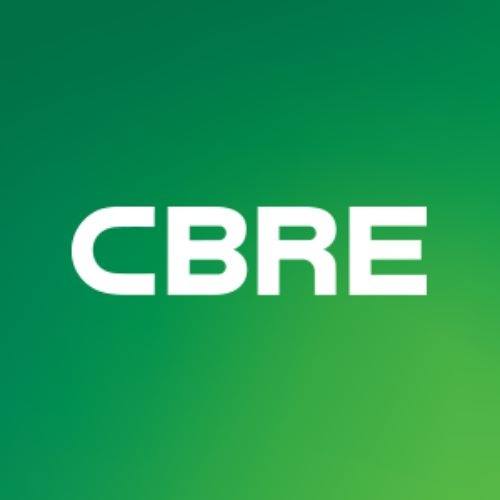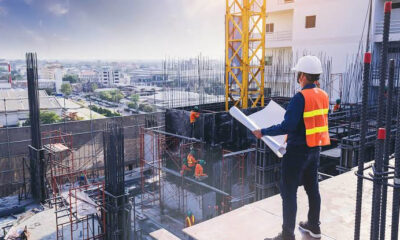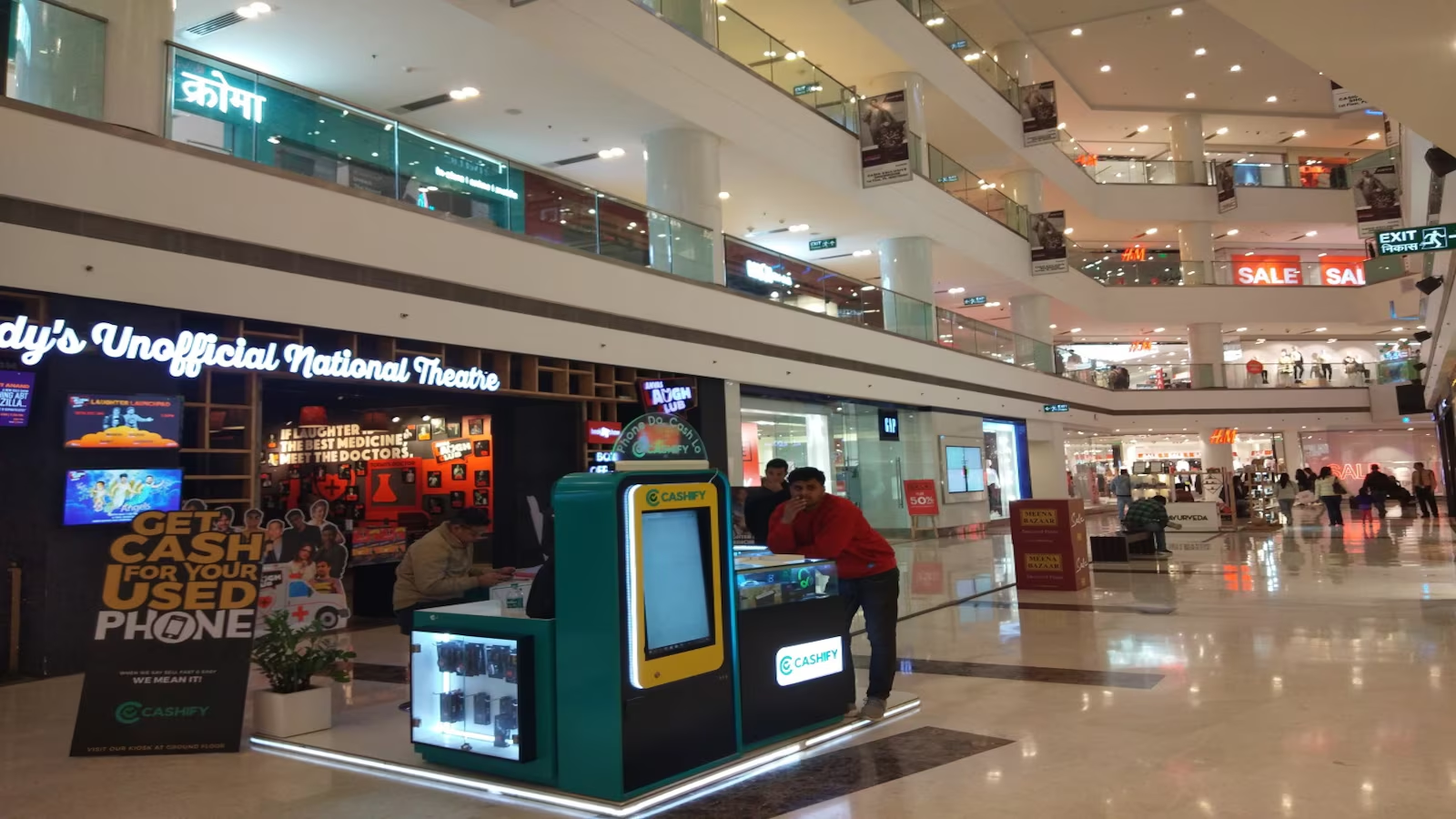Report
Strong recovery likely across segments, says CBRE Market Outlook


CBRE South Asia on February 24 announced the findings of its ‘Real Estate Market Outlook 2021 – India’.
The CBRE report highlights 2021 trends and dynamics across various segments in the real estate sector in the country.
With physical offices here to stay, portfolio optimisation and hybrid working are expected to be dominant themes going forward. While well networked, diversified and tech-enhanced supply chains are expected to redefine the sector, retail formats and configurations will realign as tech and e-commerce are expected to drive change. For the residential sector, demand revival is expected with strong end-user interest aided by Government impetus and incentives by developers ensuring buoyancy.


OFFICES
Overall office leasing volume is expected to witness an uptick in 2021. Post COVID-19, India is expected to retain its position as a preferred global outsourcing destination on the back of low-cost knowledge talent.
Top trends expected to shape 2021
- Physical offices here to stay; portfolio optimization via the right mix of traditional, flexible spaces and any relevant remote working strategy
- Enhanced global demand expected for services and R&D operations of tech firms; digital transformation of services to drive demand for onshoring, nearshoring and more recently, end shoring operations towards India
- Hotelisation of office space via amenities and services through ‘phygital’ experiences; tech-enhanced spaces to serve as a differentiator of quality
I&L SECTOR
Overall leasing volume is expected to increase sharply in 2021 as supply slippages will reduce going forward. Investment-grade projects will dominate upcoming supply; quality assets backed by institutional players to lead rental increments.
Top trends expected to shape 2020
- E-commerce and Third-Party Logistics to be the biggest catalysts for change post COVID-19; a higher preference for larger tech-enhanced spaces (more than 100,000 sq. ft.) expected
- Demand resilience to boost global investor interest; greenfield acquisitions via developer-investor partnerships to be the preferred entry route.
- Supply chain diversification and inventory control may impact location strategies; leasing terms to remain flexible.
RETAIL SECTOR
Prominent stakeholders are expected to remain focused on the sector and will continue to focus on reinventing the “experience” while keeping in mind realignment of existing spaces.
Top trends expected to shape 2021
- Store size optimization expected to allow for faster recovery and better profitability
- Flexibility to remain key to success – landlords with flexible lease terms, malls with flexible / convertible / open spaces to witness greater retailer interest
- Accelerated growth in Government expected; QSRs, grocery segments to lead retail recovery while consumer electronics would continue to capitalize on “time at home”
- “Physical experience” will be a critical component for omnichannel strategies
- Omnichannel strategies to push retailers to streamline supply chains and focus on workforce planning, automation, inventory management and flexibility in production cycles
RESIDENTIAL
Mid-end and affordable segments will continue to drive sales in 2021. Developer incentives and an enabling mortgage regime to boost the growth momentum of the residential sector.
Top trends expected to shape 2021
- Millennial could emerge as key consumer class; reconfiguration of residential spaces likely and increased demand for digitally enabled homes and larger unit sizes to accommodate home offices
- Project execution capabilities and cash flow management expected to take center stage; stress funds to witness greater participation
- To mitigate execution risks, developer consolidation and a higher number of JVs / JDs likely going forward
CAPTIAL MARKETS
Top trends expected to shape 2021
- Core and core plus assets to remain high on investor radar, sectors such as office, hospitality and retail expected to provide investment opportunities.
- Debt to remain the key source of funding across most sectors; last-mile funding opportunities being evaluated by PE funds, primarily for residential real estate developers.
- Further evolution of the REIT landscape likely, with a growing number of developers / institutional investors looking to launch their own REIT listings in the medium term; inclusion of varied asset classes such as I&L and DCs expected in the long term.
ALTERNATIVE SECTORS
Top trends expected to shape 2021
- Flexible Spaces – Flexible spaces to remain key to increasing portfolio agility, providing short-term solutions, and catering to headcount volatility; managed spaces to drive demand.
- Real Estate Investment Trusts (REIT) – REITs to have better access to low-cost capital from debt / equity markets; higher liquidity to enable increased capital deployment.
- Student Accommodation/Co-living – A reconfiguration of the traditional student housing layout is expected; larger rooms/ single occupancy rooms and larger common areas to allow for compliance with social distancing norms.
-



 News4 weeks ago
News4 weeks agoGodrej Properties Sells Rs 3k cr+ Homes of Godrej Zenith, Gurugram, within 3 days
-



 News3 weeks ago
News3 weeks agoNoida’s High-Rise Societies Face Multiple Challenges Despite Rapid Urban Growth
-



 News3 weeks ago
News3 weeks agoOlive Announces Dhruv Kalro as Co-Founder
-



 News4 weeks ago
News4 weeks agoGodrej Properties Sells 5000+ Homes of Rs 9.5 cr in Q4FY24, Bookings up 84% YoY
-



 News4 weeks ago
News4 weeks agoVestian: Domestic Investors Dominate Institutional Investments in Jan-Mar’24
-

 News3 weeks ago
News3 weeks agoIndia to become the fastest-growing silver economy, housing up to 17% of the world’s elderly population by 2050: CBRE Report
-



 News4 weeks ago
News4 weeks agoHRERA Gurugram Rejects Godrej Properties’ Project Extension Application, Account Frozen For Prolonged Non-compliances
-



 News2 weeks ago
News2 weeks agoSKA Forays In Luxury Housing: Launches SKA Destiny One in Greater Noida, To Invest Rs 592 Crores



























